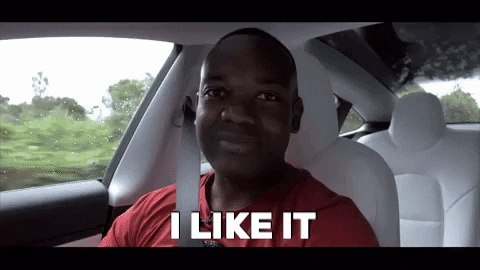.
What is a like?
It’s a question on a survey, a verbal answer to a human moderator, or a button click on LinkedIn, Twitter, or TikTok.
But what is it REALLY? What does a cerebral, subjective feeling of ‘like’ translate to in the real world?
Is it clicking 4 out 5 on a questionnaire?
Is it a 3 out of 5 converted to a 4 out of 5 so you don’t hurt the interviewer’s feelings?
Is it a 5 out of 5 converted to a 4 out of 5 so you don’t seem overly agreeable?
Is it kind recognition of a friend’s social media post even though you didn’t like the post itself?
Is it love for a social media post when there is only a like button?
Is it reflected in one of these memes which seem to range from feigned positivity to voracious enjoyment?




What we do know is this.
From an interview transcript alone or a questionnaire response alone, it’s impossible to tell. Words have meaning in context. To truly know what a like means, we need interview transcripts AND interview videos. We need questionnaire closed-ended answers AND questionnaire open-ended answers. To truly know what a like is, we need wide data and a lot of data.
.
You might like to read these:




